Transgender people are born that way, a new study has found

(Pexels)
Transgender people are born that way, according to a new study.
Researchers at the University of São Paulo’s Medical School have compared the brains of trans and cisgender adults, and discovered that they are significantly different.
In the study, it was found that the insula – a region of the brain – had a distinct volume depending on whether it was in the brain of a trans or cis subject.
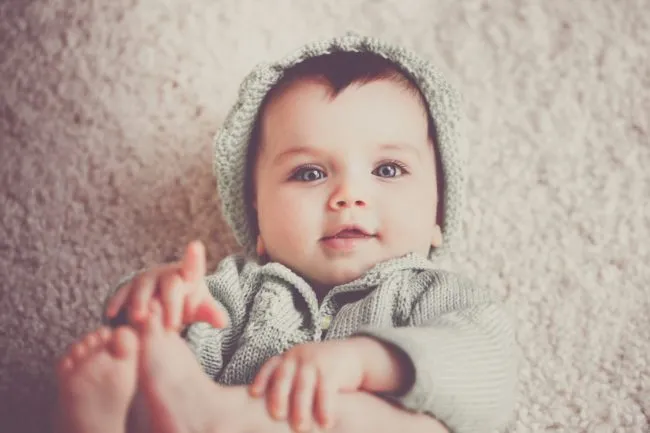
(Pexels)
The insula plays an important role in people’s body image, self-awareness and empathy.
Giancarlo Spizzirri, first author of the study – which was published in Scientific Reports – said that the result led them to believe that people are trans in the womb.
“We found that trans people have characteristics that bring them closer to the gender with which they identify and their brains have particularities, suggesting that the differences begin to occur during gestation,” he said in a statement.
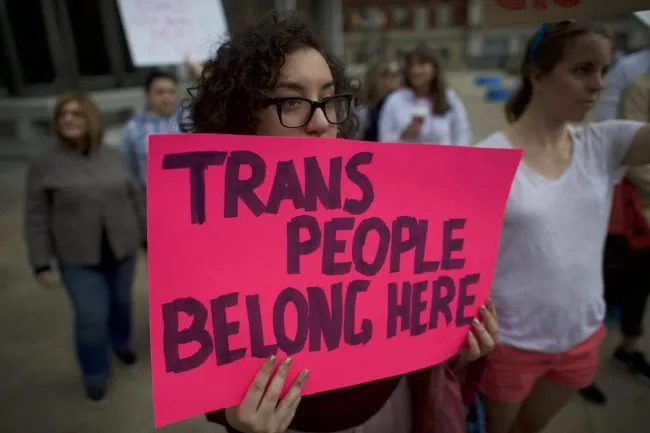
(Photo by Mark Makela/Getty Images)
Carmita Abdo, coordinator of the Sexuality Research Programme at the university and the study’s principal investigator, emphasised that the study showed being trans was not a product of society.
It found that the term ‘transgender’ “doesn’t just refer to different kinds of behaviour that people develop,” said Abdo.
“We observed specificities in the brains of trans individuals, an important finding in light of the idea of gender ideology, ” she added.
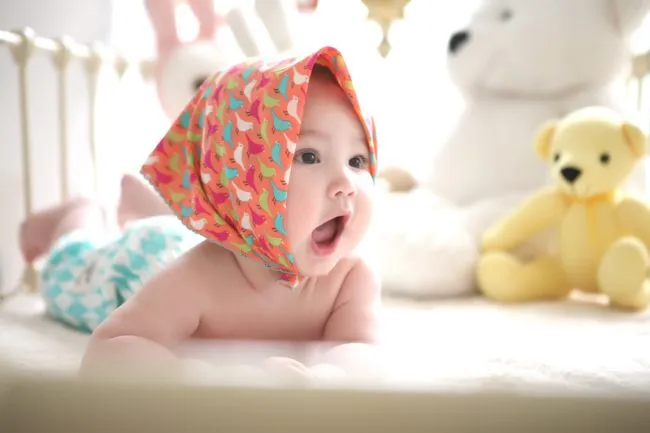
(Pexels)
“The evidence is building that it’s not a matter of ideology. Our own research based on MRI scans points to a detectable structural basis.”
Professor Geraldo Busatto, who heads the Psychiatric Neuroimaging Laboratory at the university’s hospital, said it would be “simplistic to make a direct link with transgender, but the detection of a difference in the insula is relevant”.
Busatto, an associate researcher, said this was because “trans people have many issues relating to their perception of their own body, because they don’t identify with the sex assigned at birth, and in addition, they unfortunately suffer discrimination and persecution.”
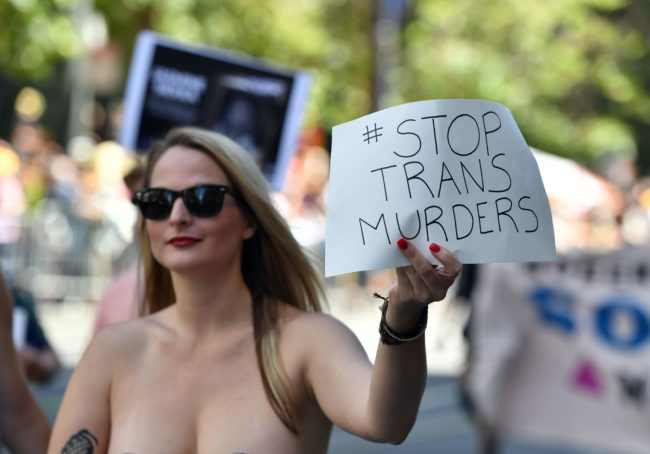
(Getty)
The research has emerged the day after anti-trans activists held an event at the UK Parliament where they condemned the “trend of fashionable transgenderism”.
They said it was one of many “internet-exploited sexual fetishes that try to make themselves a rights movement.”
The meeting, called Transgenderism and the War on Women and hosted in the House of Commons, also heard how trans women ‘parasitically’ invaded women’s spaces and were a threat to women’s liberation.
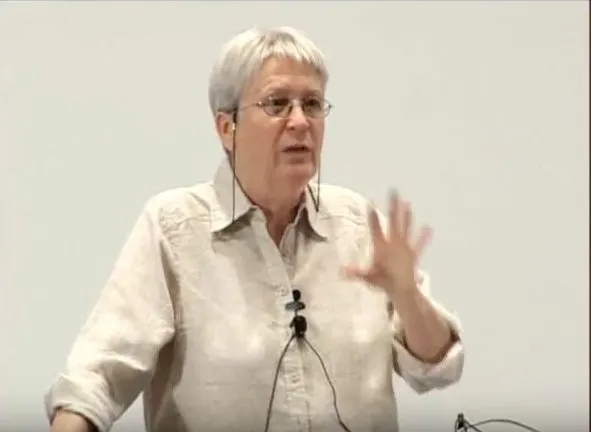
Sheila Jeffreys in 2009 (Photo: Terri Strange / Youtube)
Displaying a presentation entitled ‘transgenderism and the assault on feminism’, Australian academic Sheila Jeffreys opened the event by saying: “Men can’t become women, what’s so difficult about that?”
The controversial Jeffreys, who has previously said that raising transgender children was comparable to child abuse, then compared trans people to parasites.
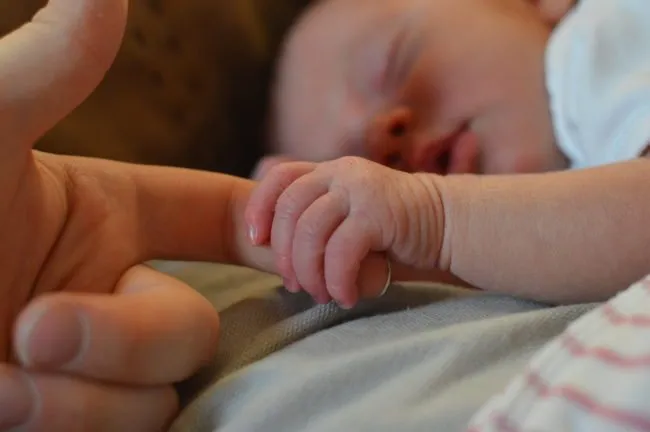
(Pexels)
She told the audience that “when men claim to be women…and parasitically occupy the bodies of the oppressed, they speak for the oppressed.
“They become to be recognised as the oppressed.”

